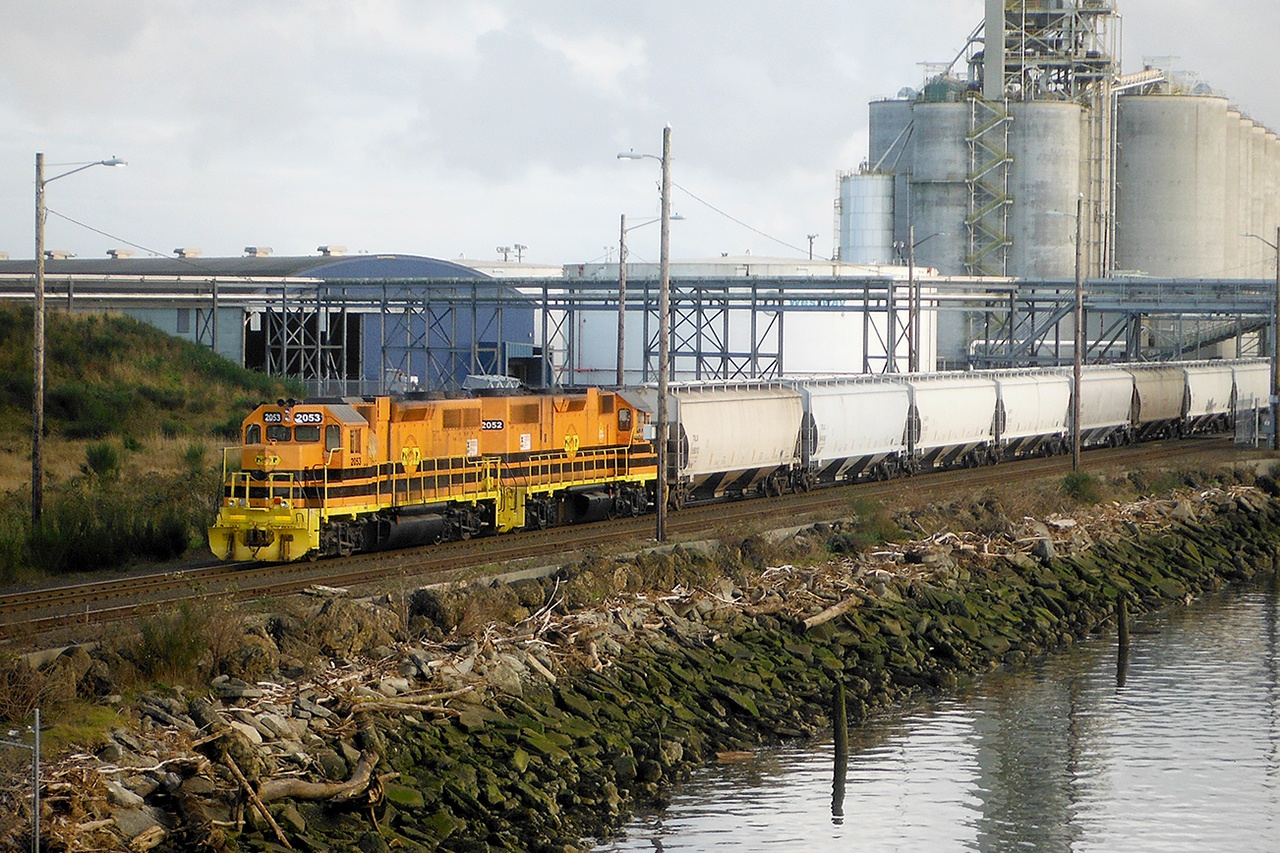Grays Harbor is well known as a safe haven for birds, marine mammals and fish, and is home to a wide range of animal species. Contanda’s plan to build an oil storage and shipping facility on its existing Port property could potentially impact some of those species, both during construction and normal day to day operations. But, according to the Department of Ecology’s environmental impact statement, the actual threat to wildlife is very low.
Construction noise and vibration, especially from pile driving, could adversely affect some marine species, but the report states the construction site is far enough away from the water to minimize the impact on animals. Contanda would be required to monitor the rainwater runoff for pollutants to make sure the water going back into the Harbor meets state and federal standards. During operation, the biggest concern is of course a major spill from a train derailment, a storage tank leak or a vessel accident. Ecology requires Contanda to have emergency response plans in place to minimize the impact of such a spill, and the tanks have a retaining wall around them that will contain the contents of one full storage tank or train car.
Among the public comments received many talked about the risk to animals near the project site. One wrote, “Noise level and duration have been correlated with decreased avian density and may affect wildlife behavior.” Several commented about the impacts of increased vessel traffic on marine mammals: “How will underwater vessel noise be mitigated to protect baleen whales, specifically humpback whales and gray whales when they are foraging in Grays Harbor?”
To that Ecology responded, “Tankers exhibit noise frequencies at the lower end of this spectrum (40 Hertz), and tank barges would produce even less near-surface sound. Given that the context for the increase in vessel traffic related to the proposed action is an existing navigation channel currently used by large commercial vessels and that the proposed action would add fewer than one vessel trip per day on average, vessel traffic related to the proposed action is not expected to have a significant impact on humpback and gray whales.”
Hundreds of comments opposing the project have come in from Audubon Society members. Many species of shorebirds can be found in the area and the annual migration draws birders from across the globe. Ecology says the impact on these species would be low and recommended Contanda “voluntarily halt crude oil vessel loading operations for a period of two weeks each year overlapping with the annual Grays Harbor Shorebird Festival.”
Ballast water from vessels is another concern, primarily because as it is released as a ship is loading it can contain non-native invasive aquatic life that could be a danger to resident species. Ecology’s report urges Contanda to “prepare an invasive species monitoring plan in consultation with the Washington Department of Fish and Wildlife. This will address risks from discharging ballast water. The plan will be in place before operations start.”
The public comment period on the Port project ended last week. The City of Hoquiam has not yet hired a consultant and attorney – to be paid for by Contanda – and there is no set time line for a decision on the project’s shorelines permit.


